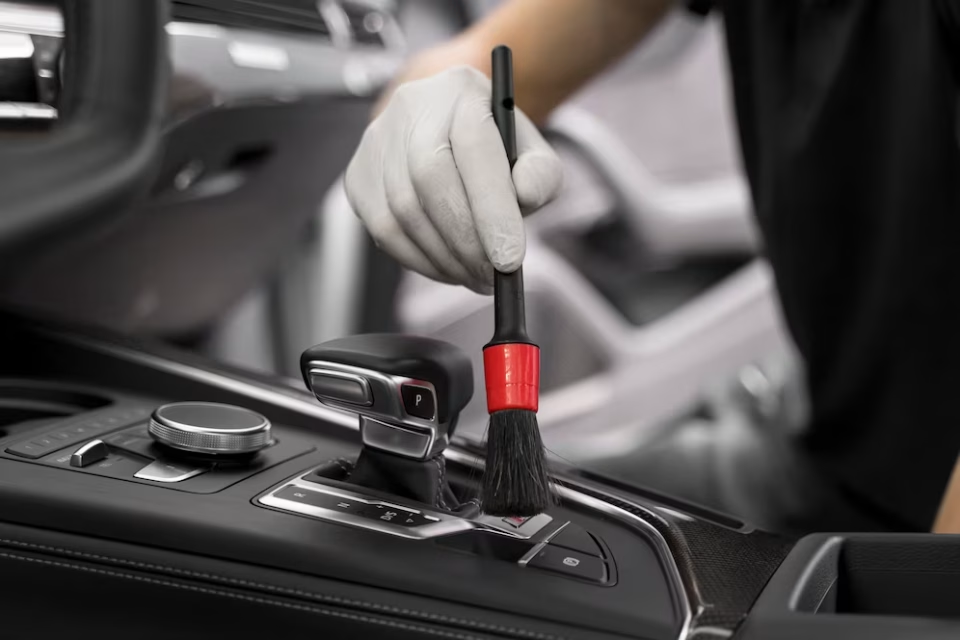If you wish to keep your car in top condition but don’t know where to start, this guide is for you. A well-maintained car runs longer, feels better to drive, and attracts more serious buyers when it’s time to sell. Most importantly, it helps you avoid high repair costs and makes your daily driving experience much safer.
Key Points:
- Keep the car’s exterior clean, protected, and waxed to avoid damage and paint wear.
- A clean interior adds comfort and prevents long-term material damage.
- Reducing mileage boosts resale value and lowers long-term repair risks.
- High-quality spare parts prevent breakdowns and improve safety.
- Regular maintenance protects your investment and prolongs your car’s life.
- Good battery care, rust prevention, and tire storage play a role in value preservation.
- Noise and smell issues should not be ignored, as they signal deeper problems.
Protect the Exterior
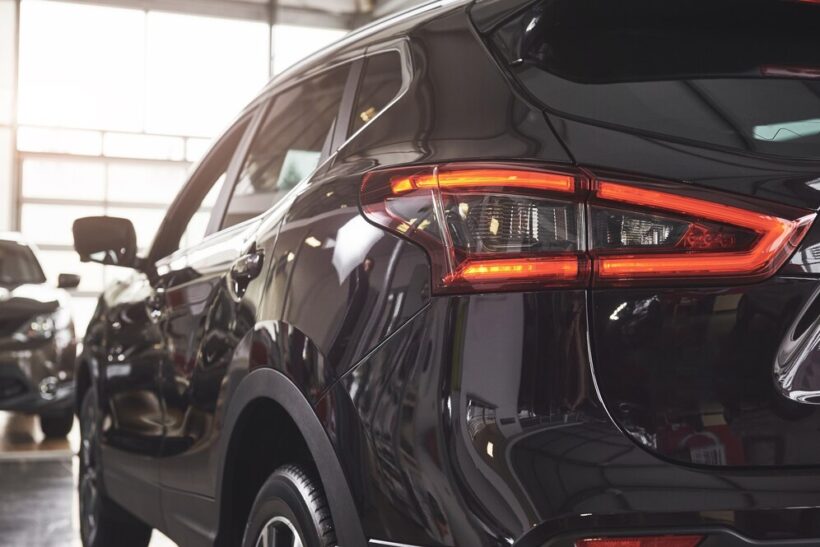
The exterior of your car plays a crucial role in maintaining its resale value. A well-maintained body can keep your car looking new and prevent long-term damage. Here are some measures you can take:
- Regularly wash your car to remove dirt, debris, or other contaminants.
- Avoid using harsh cleaning chemicals as they can create micro-scratches on the surface of your car.
- Use microfiber cloths and soft sponges to ensure gentle yet effective cleaning.
- Apply wax every few months to add a protective layer to your car’s surface. It will also shield the paint from UV rays and rain and prevent oxidation.
- Always park your car in shaded areas or garages to protect from sun damage.
- Use a high-quality car cover to protect the surface against bird droppings and tree sap.
Maintain a Clean Interior
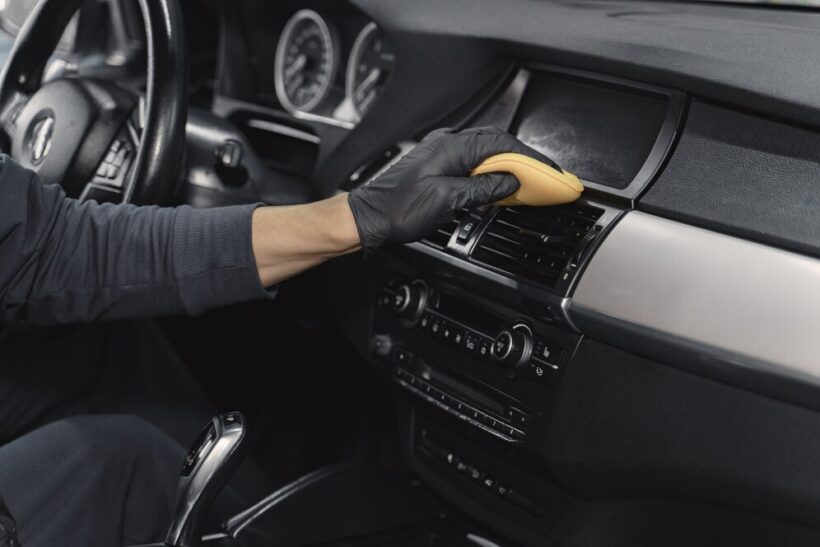
Keeping the interior of your car clean is just as important as maintaining its exterior. A well-kept interior ensures comfort and a pleasant driving experience. Follow these tips:
- Use a handheld vacuum to remove dirt, debris, and food crumbs from seats, floor mats, and carpets. Vacuum the car at least once every week or depending on your usage.
- Use seat covers and floor mats so spills or stains don’t harm the main body of your car.
- Use a microfiber cloth to wipe down surfaces, such as the dashboard, door handles, and center console.
- Avoid eating food inside the car.
- Keep a couple of trash bags in the car to prevent clutter from piling up.
A clean interior leads to better air quality and prevents permanent damage to your car.
Watch the Mileage
The first question potential buyers ask when you’re selling your car is: How many miles does it have on it? Mileage determines the resale value of your vehicle. Higher mileage indicates the car has more wear and tear. Therefore, it is important to keep your car’s mileage in check.
There are many changes you can make in your everyday life to lower your car’s mileage. Start by planning your trips efficiently. Combine errands into one trip instead of making multiple short drives. Carpool with friends to help distribute the miles.
Read guides and research ways to improve the gas mileage of your car.
Always Use High-quality Spare Parts
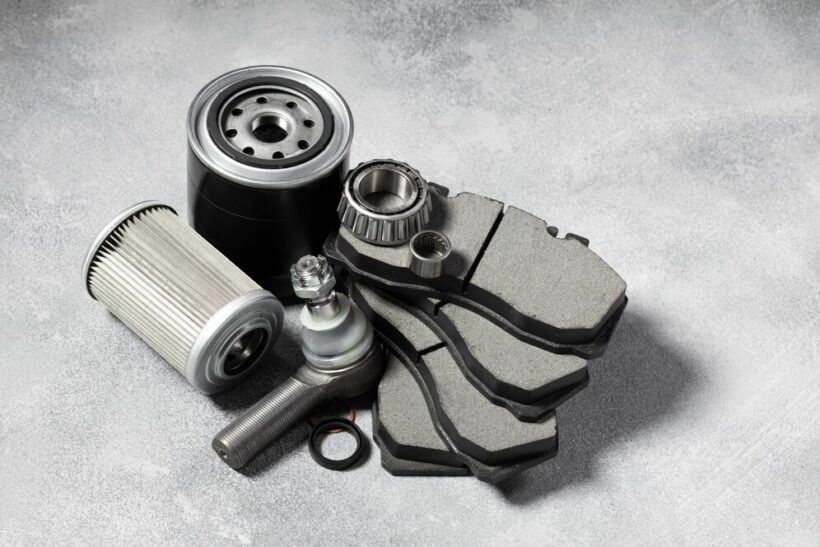
Think of your car as an investment. To earn from your investment, you need to take several preventive steps. Using high-quality spare parts is one such step, optimizing your car’s performance and preventing frequent breakdowns.
OEM parts are designed to fit your car’s needs perfectly. From brakes to filters to engine components, high-quality parts will keep your vehicle running smoothly for years. In comparison, cheap and unreliable spare parts can put you at risk.
Always buy spare parts from a reliable auto parts seller, such as Ovoko, that complies with safety regulations and offers a wide range of options. Remember to check the warranty guidelines of your chosen seller.
Keep Up With Regular Maintenance
Regular maintenance is one of the most effective ways to preserve your car’s value and ensure it runs smoothly for years. Here are some tips you should follow:
- Regularly change engine oil. Clean oil will lubricate all the moving parts and reduce friction.
- Invest in tire maintenance. Make sure your tires are properly inflated and rotated to ensure even wear.
- Inspect the brakes. If you hear grinding or squeaking, you might be dealing with worn-out brakes.
- Top off all the standard fluids, such as coolant, suspension brake fluid, and transmission fluid.
Keep clear records of all maintenance services to boost the car’s resale value.
Check the Battery Regularly
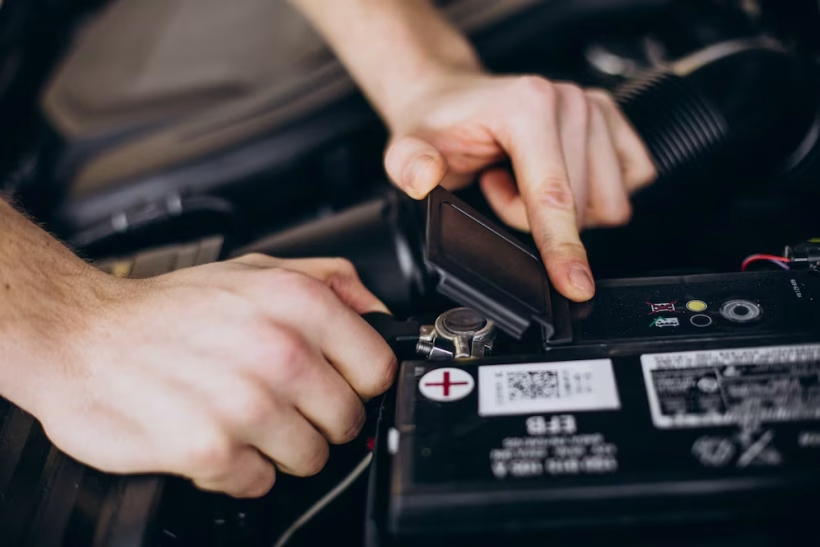
Your car’s battery plays a vital role in reliable performance. A weak or corroded battery can lead to unexpected breakdowns and expensive towing services. Cold weather especially impacts battery power and life.
Check the battery terminals every month. Make sure there is no white powdery residue around the connectors. That buildup causes poor electrical flow. Clean it with a battery brush and wear gloves to avoid skin irritation.
If your battery is older than three years, test its charge at a service center. Replace it before it starts causing trouble. A proactive approach with battery care keeps your car dependable and boosts buyer confidence.
Don’t Ignore Unusual Sounds or Smells
Cars communicate problems early through sound and smell. Ignoring those signs can lead to more expensive repairs down the road. Buyers avoid cars with engine ticking, brake squeals, or a moldy odor.
If you hear a knocking noise when turning or braking, your suspension or brake pads may need attention. Burning smells inside the cabin could signal oil leaks or a failing clutch.
Always schedule an inspection when new smells or sounds appear. Addressing these issues early maintains your car’s condition and prevents deeper mechanical damage. It also sends a message to future buyers that the car was well cared for.
Avoid Rust at All Costs
Rust reduces the structural integrity of your vehicle and ruins its resale potential. Once it spreads under the paint or inside joints, repairs become expensive.
Prevent rust by washing the undercarriage in winter. Salt and grime from the roads get trapped underneath and slowly eat away at the metal.
Inspect wheel wells and door edges monthly. If you notice small rust bubbles, act fast. Use a rust converter and cover the area with touch-up paint. Rust may seem small at first, but ignoring it can cause irreversible damage to body panels.
Store Tires Correctly During Seasonal Swaps
Tire condition has a direct impact on safety and performance. Many drivers overlook proper tire storage, leading to dry rot, cracks, and flattening.
When you switch to summer or winter tires, store the unused set in a cool, dry place away from sunlight. Keep them upright, not stacked, to prevent sidewall stress. Use tire bags or clean plastic wrap to keep moisture and dust out.
Label each tire’s position before removing it. Rotating tires properly in the next season improves wear balance. Well-kept tires signal to buyers that you maintained the car with care and attention to detail.
Stay Consistent with Documentation
Keeping receipts and service records helps build a strong ownership history. Buyers feel more confident when they see proof of oil changes, part replacements, and inspections.
Use a small folder in your glove box or scan copies into a digital file. Include emissions test results and any recalls. That simple habit pays off later. Cars with clean service histories often sell faster and closer to asking price.
Conclusion
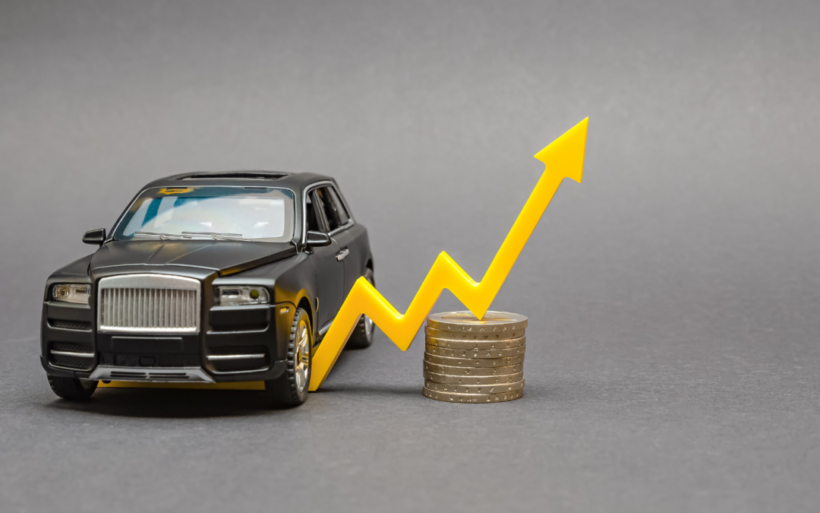
Maintaining your car’s value takes discipline, not luck. Every step—big or small—adds to its longevity and future resale appeal. Smart upkeep not only saves you money over time but also brings peace of mind every time you get behind the wheel. Protect your investment, and your car will reward you every mile.

